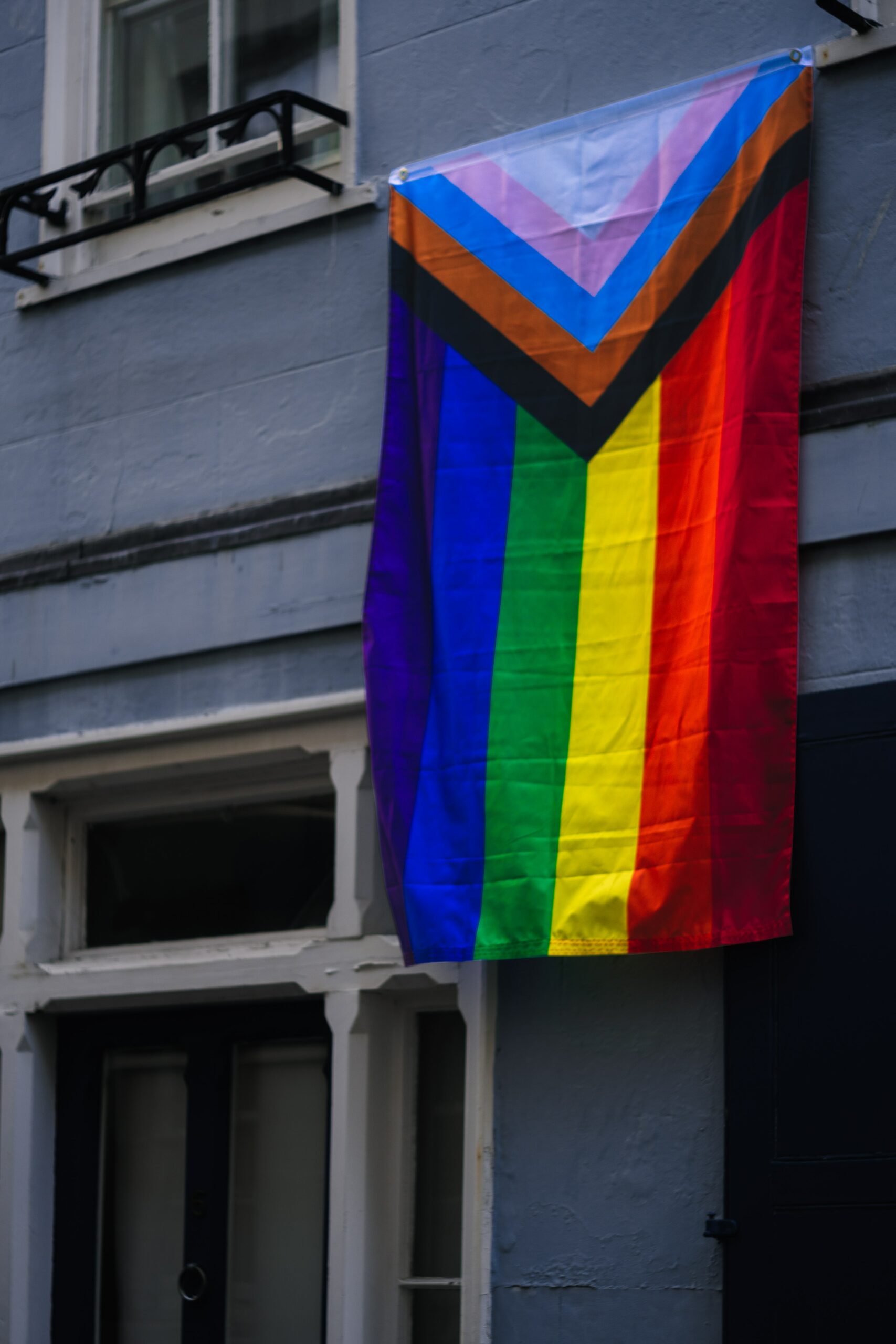A considerable number of people identifying as part of the 2SLGBTQ+ community have relocated to Canada over the past decade. Many individuals belonging to a gender or sexual minority community face discrimination, trauma, and even legal persecution in their home countries. For some individuals, moving to Canada presents a chance to live openly and with dignity. Unfortunately, moving to a “safer” country alone doesn’t address systemic issues faced by marginalized community members. Trauma, immigration, and being a part of the 2SLGBTQ+ community can all be difficult experiences that can have a significant impact on a person’s mental health. It’s important to recognize the potential challenges these experiences may present and seek support and resources if you are struggling with your mental health.
Trauma can take many forms, such as experiencing physical or sexual abuse, being involved in a natural disaster or other life-threatening event, or living through a traumatic situation such as war or political persecution. These types of experiences can lead to mental health conditions such as post-traumatic stress disorder (PTSD), depression, anxiety, and other forms of distress.
For immigrants, the process of adjusting to life in a new country can be difficult and stressful. This can be especially true if you are fleeing persecution or violence in your home country or if you are struggling to find a sense of belonging in your new community. The stress of immigration can lead to mental health issues such as depression, anxiety, and feelings of isolation.
Being a part of the 2SLGBTQ+ community can also present unique challenges and stressors. 2SLGBTQ+ individuals may face discrimination, stigma, and a lack of acceptance from society, which can have a negative impact on their mental health. It’s important for 2SLGBTQ+ individuals to have access to supportive and welcoming environments and to seek out resources and support if they are struggling with their mental health.
If you are struggling with your mental health and need support, there are many resources available to you. It can be helpful to speak with a mental health professional, such as a therapist or counselor, who can provide you with the support and guidance you need. You can also reach out to support groups or seek out resources within your community. It’s important to remember that you are not alone and that seeking help is a sign of strength.
Psychotherapy can provide a safe and supportive space for individuals to work through these issues and develop coping strategies. It can also help in improving self-esteem and self-acceptance and can provide a sense of community and belonging.
In addition to addressing specific mental health concerns, psychotherapy can also be helpful for individuals who are struggling with issues related to their identity and/or relationships. For example, a therapist can help an individual explore their gender identity and/or sexual orientation and can provide support as they navigate coming out or transitioning. A therapist can also help people work through relationship issues, whether they are related to their romantic or sexual relationships or to their relationships with family and friends.

